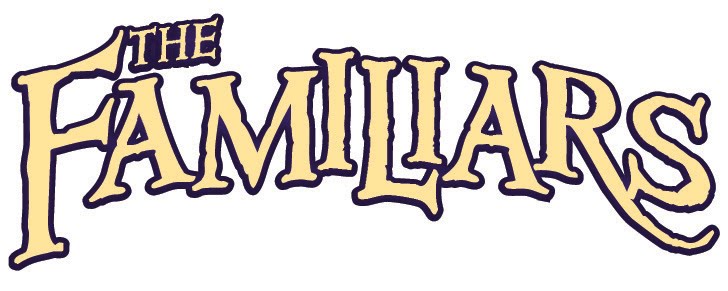Brain Pickings is your LEGO treasure chest, full of pieces across art, design, science, technology, philosophy, history, politics, psychology, sociology, ecology, anthropology, you-name-itology. Pieces that enrich your mental pool of resources and empower you to combine them into original concepts that are stronger, smarter, richer, deeper and more impactful — a modest, curiosity-driven exercise in vision- and mind-expansion.
Because creativity, after all, is a combinatorial force. It’s our ability to tap into the mental pool of resources — ideas, insights, knowledge, inspiration — that we’ve accumulated over the years just by being present and alive and awake to the world, and to combine them in extraordinary new ways. In order for us to truly create and contribute to the world, we have to be able to connect countless dots, to cross-pollinate ideas from a wealth of disciplines, to combine and recombine these ideas and build new ideas — like LEGOs. The more of these building blocks we have, and the more diverse their shapes and colors, the more interesting our creations will become. Visit Brain Pickings here.
The 99% is Behance’s research arm and think tank. Taking its name from Thomas Edison’s famous quote that “genius is 1% inspiration, 99% perspiration,” the 99% includes a daily web magazine, an annual conference, and the best-selling book “Making Ideas Happen.” Through articles, tips, videos, and events, we share best practices that help creative professionals move beyond idea generation into idea execution. Visit The 99% here.
Big Think is a knowledge forum. In our digital age, we’re drowning in information. The web offers us infinite data points—news stories, tweets, wikis, status updates, etc—but very little to connect the dots or illuminate the larger patterns linking them together.
Here at Big Think, we believe that success in the future is about knowing the ideas that allow you to manage and master this universe of information. Therefore, we aim to help you move above and beyond random information, toward real knowledge, offering big ideas from fields outside your own that you can apply toward the questions and challenges in your own life.
Every idea on Big Think comes from our ever-growing network of 2,000 Big Think fellows and guest speakers, who comprise the top thinkers and doers from around the globe. Our editorial team regularly sources ideas from these experts, asking them about the most important ideas in their respective fields. Our editors then sift through the submitted ideas and determine which qualify to appear on Big Think, subjecting each to our simple, three-pronged standard geared to your interests:
a) significance — how will this idea change the world and impact your life?
b) relevance — what groups and individuals does this idea most affect?
c) application — how can this idea change the way you think or act?
Big Think's editorial team then packages and presents these ideas to you, our users, using the range of multimedia tools the Internet makes possible, with the aim of distilling each idea to its essence. We think of it as optimizing the "speed of knowledge," conveying ideas' value as efficiently and effectively as possible, so you have the time to explore, and absorb, more of them. Because as we move from the information age to the knowledge era, the more ideas you command, the more you will be able to guide the course of your own life and positively impact the lives of those around you. That's our big idea. Visit Big Think here.
Imagine by Jonah Lehrer
Did you know that the most creative companies have centralized bathrooms? That brainstorming meetings are a terrible idea? That the color blue can help you double your creative output?
From the bestselling author of How We Decide comes a sparkling and revelatory look at the new science of creativity. Shattering the myth of muses, higher powers, even creative “types,” Jonah Lehrer demonstrates that creativity is not a single “gift” possessed by the lucky few. It’s a variety of distinct thought processes that we can all learn to use more effectively. Lehrer reveals the importance of embracing the rut, thinking like a child, and daydreaming productively, then he takes us out of our own heads to show how we can make our neighborhoods more vibrant, our companies more productive, and our schools more effective. We’ll learn about Bob Dylan’s writing habits and the drug addiction of poets. We’ll meet a bartender who thinks like a chemist, and an autistic surfer who invented an entirely new surfing move. We’ll see why Elizabethan England experienced a creative explosion, and how Pixar designed its office space to get the most out of its talent. Collapsing the layers separating the neuron from the finished symphony, Imagine reveals the deep inventiveness of the human mind, and its essential role in our increasingly complex world. You can learn more about Imagine here.


